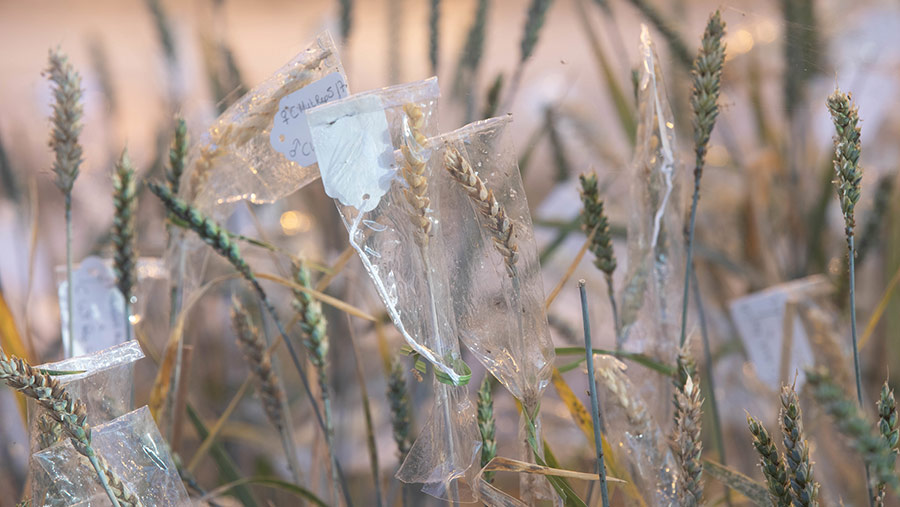Gene editing ‘critical’ to reach net-zero farming, says AIC
 © Tim Scrivener
© Tim Scrivener Gene-editing technology will be critical to help farmers meet the nation’s climate change net-zero ambitions for agriculture, says the agri-supply industry.
Access to gene editing, which the Agricultural Industries Confederation (AIC) Scotland refers to as “precision plant breeding”, is among its key tasks in its manifesto ahead of the Scottish parliamentary elections in May.
See also: Debate: Gene editing the pros and cons for farming
A report by the EU Commission on gene editing is due out next month. AIC Scotland says it could trigger a regulatory rethink and a more favourable stance from Scottish government towards the science.
As things stand, the technology cannot be used in the EU after the European Court of Justice ruled in 2018 that gene-editing techniques, such as Crispr-Cas9, qualify as products of genetic engineering under European law.
A Defra consultation which proposes changing legislation in England to allow gene editing research to be used to create crops and livestock, now the UK is outside of the EU, closes for comments on Wednesday (17 March).
Net-zero goal
Speaking at the manifesto launch on Tuesday (16 March), AIC Scotland policy manager Ian Muirhead said gene editing was “absolutely essential” to allow Scottish agriculture to meet its net-zero carbon emissions target.
“Gene-editing technology has the great potential to fast-track new crop varieties with a range of improved traits, such as better disease resistance, higher input efficiency, healthier consumer products and a lower carbon footprint.
“By creating these new varieties, we can also reduce the frequency of – in some instances – the use of crop protection products.”
Gene editing, which involves tweaking the DNA within an organism, could also enable crops to stand up to the increasingly extreme weather patterns that farmers are experiencing, he added.
A range of UK-based agricultural research centres are currently exploring the benefits of gene-editing technology. This would also offer opportunities for the UK to attract the best scientists.
Political sensitivities
Mr Muirhead said AIC Scotland recognises that there are political sensitivities around the introduction of gene-edited crops. But it wants to create a space to discuss the opportunities and make the case for the benefits that it would accrue through its adoption in Scotland.
“The reality is that Scottish livestock, in many cases, will have GM components within their diets. Nobody shouts about it – it’s just a reality,” he added.
“Likewise, if gene-edited crops were grown in the rest of the UK but not in Scotland because of the nature of trade, they would end up having some components of their feed from gene-edited sources.”
Other priorities included in the manifesto are continued access to crop protection products, the development of feed additives and improved genetics to decrease methane emitted by cattle and sheep and support for homegrown protein crops to reduce reliance on imported soya.
AIC Scotland is also seeking government support for industry-led advice services.
